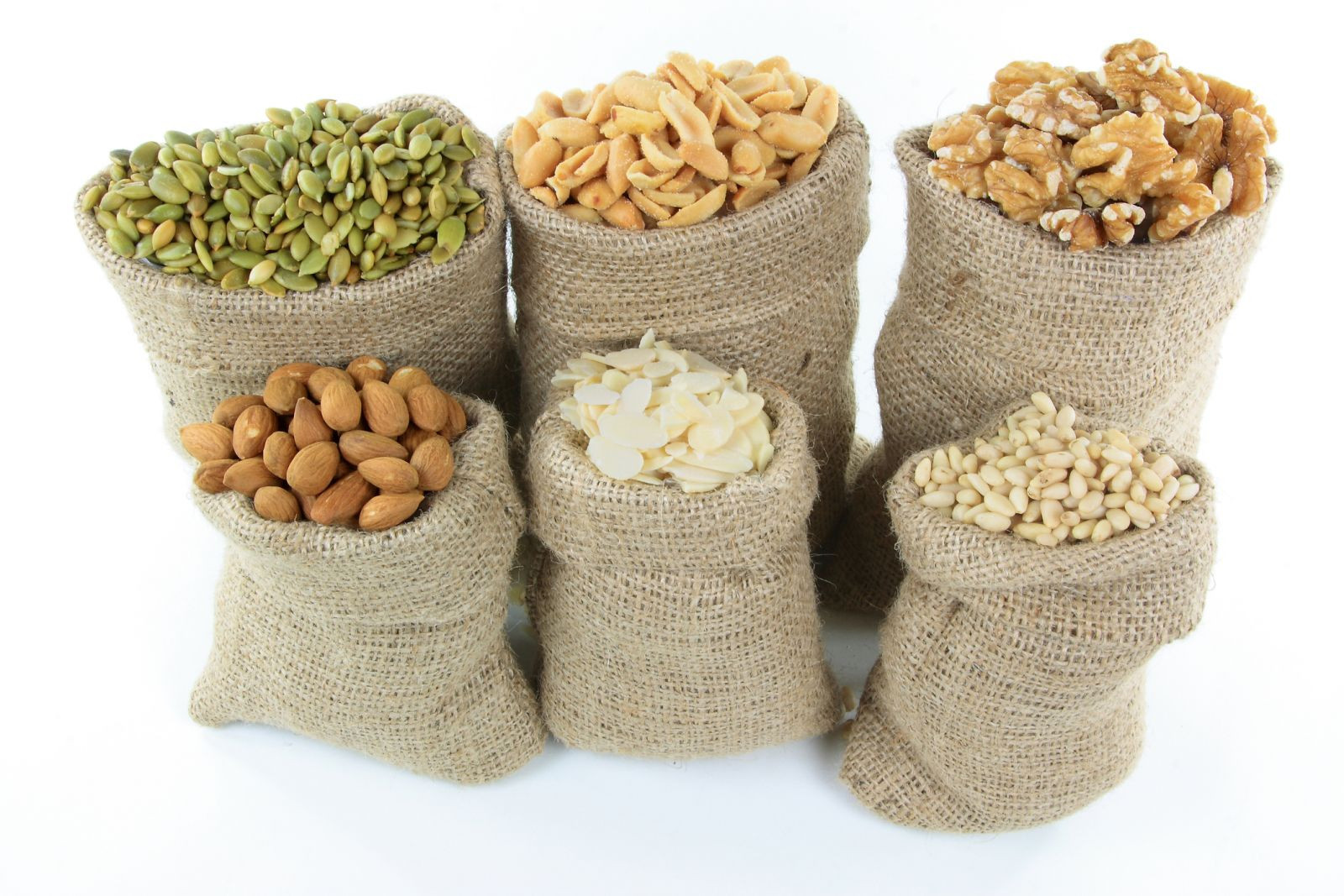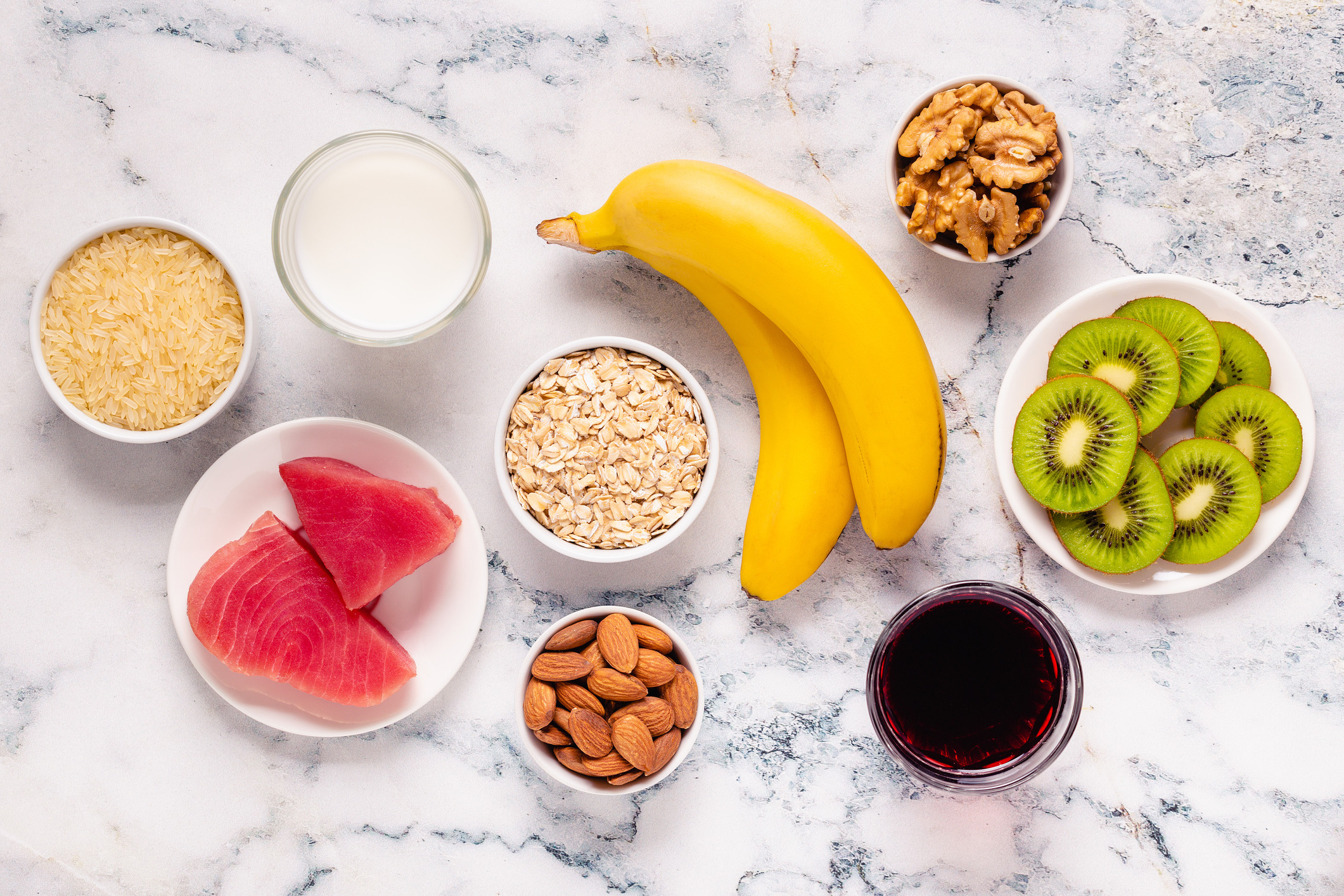
New thinking about plaque in arteries that feed the brain

Want to prevent shifting teeth? Maybe you need retainers

What you need to know about the new dietary guidelines

Food that’s healthier for people and planet can be cheaper, too

New evidence that polyphenol-rich foods help the heart

8 simple ways to reduce ultra-processed foods in your diet

How to curb your stress eating

How to spot Parkinson’s disease symptoms

Heart failure symptoms in women: How they’re different

GERD diet: Foods to avoid to reduce acid reflux
Diet & Weight Loss Archive
Articles
What could cause my breasts to become larger?
On call
Q. My breasts have begun to feel swollen and seem larger. What could cause this, and should I be worried about any potential health issues?
A. Swollen breasts in men are almost always caused by either one or both of two conditions: excess fat deposition in the breasts, or growth of actual glandular breast tissue (gynecomastia). Fatty deposition occurs in overweight men and is always present in both breasts. With gynecomastia, the breasts have a firm or rubbery consistency. While it usually affects both breasts, it can affect one breast much more than the other.
Simple tips to fight inflammation
The awareness of the intersection between inflammation and chronic disease has spawned a plethora of diet plans, nutritional supplements, and lifestyle programs, many implying they offer new ways to improve your health by quelling inflammation. It's true that scientists are uncovering new complexities and expanding their knowledge of factors that may contribute to inflammation or help counter it. But much of the heavily hyped guidance for an anti-inflammation lifestyle boils down to the same no-nonsense health advice your grandmother might have given you.
Make healthy food choices
Our diets play an important role in chronic inflammation because our digestive bacteria release chemicals that may spur or suppress inflammation. The types of bacteria that populate our gut and their chemical byproducts vary according to the foods we eat. Some foods encourage the growth of populations of bacteria that stimulate inflammation, while others promote the growth of bacteria that suppress it.
Small tricks to help you shed pounds and keep them off
Weight loss can be challenging, but there are some strategies for success.
Image: © Wand_Prapan/Getty Images
If you're struggling to lose weight, you probably feel like the odds are stacked against you. You're not necessarily wrong.
"There is so much great-tasting food, and it's abundant and in your face all the time. To me it's kind of a miracle that people aren't even heavier than they are," says Dr. Meir Stampfer, a professor of epidemiology and nutrition at the Harvard T.H. Chan School of Public Health. In addition to an abundance of food, most people today also have a far more sedentary lifestyle than past generations. "Even active people who exercise a lot aren't expending the calories their ancestors did," says Dr. Stampfer.
Zero weight loss from zero calorie drinks? Say it ain’t so
Trying to cut back on calories by drinking diet soda or flavored sparkling water may not help with weight loss, and some research suggest it may actually lead to weight gain. But why, and what are the alternatives?
Could what we eat improve our sleep?
Diet, exercise, and sleep work together, and all three can have an effect on our daily well-being and longevity. Sleep impacts our eating patterns, and our eating patterns affect our sleep: lack of quality sleep may make people eat more, and make less healthy food choices, but certain foods contain substances that may enhance sleep.
"Green" Mediterranean diet: Better than the original?
Research we're watching
Widely considered the healthiest diet for your heart, the Mediterranean diet is rich in plant-based foods and features only small amounts of meat and dairy products. But a variation that includes more green plant foods may be even better for you, a small study suggests.
The study included 294 sedentary, moderately obese people whom researchers randomly divided into three groups. Each received different dietary advice: a standard healthy diet, a low-calorie Mediterranean diet, or a "green" Mediterranean diet. Both Mediterranean diet groups included about a quarter-cup of walnuts daily, and poultry and fish replaced beef and lamb.
Did my diet cause my gout?
Ask the doctors
Q. I eat a lot of shellfish and recently developed gout in my knee. Did my diet cause the condition?
A. As you probably know, gout is a painful form of arthritis that occurs when high levels of a waste product called uric acid build up in the body. It can settle into joints, where it forms sharp crystals that can trigger inflammation, redness, and pain. Your diet may have aggravated the condition, but didn't cause it.
Study finds similar outcomes for two different weight-loss procedures
The link between abdominal fat and death: What is the shape of health?
Body mass index is commonly used to assess a person’s weight status and health risk, but it does not indicate how much fat a person has or how it is distributed throughout the body — indicators of metabolic health. A recent study analyzed different measures of body shape to determine which are most predictive of premature death.

New thinking about plaque in arteries that feed the brain

Want to prevent shifting teeth? Maybe you need retainers

What you need to know about the new dietary guidelines

Food that’s healthier for people and planet can be cheaper, too

New evidence that polyphenol-rich foods help the heart

8 simple ways to reduce ultra-processed foods in your diet

How to curb your stress eating

How to spot Parkinson’s disease symptoms

Heart failure symptoms in women: How they’re different

GERD diet: Foods to avoid to reduce acid reflux
Free Healthbeat Signup
Get the latest in health news delivered to your inbox!
Sign Up










